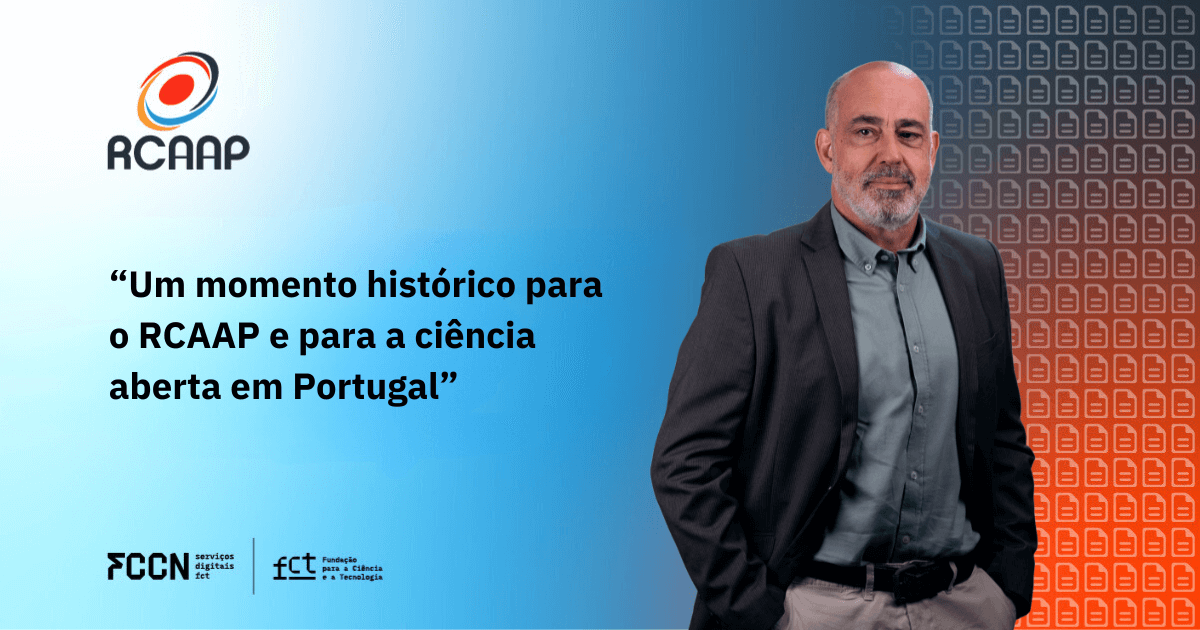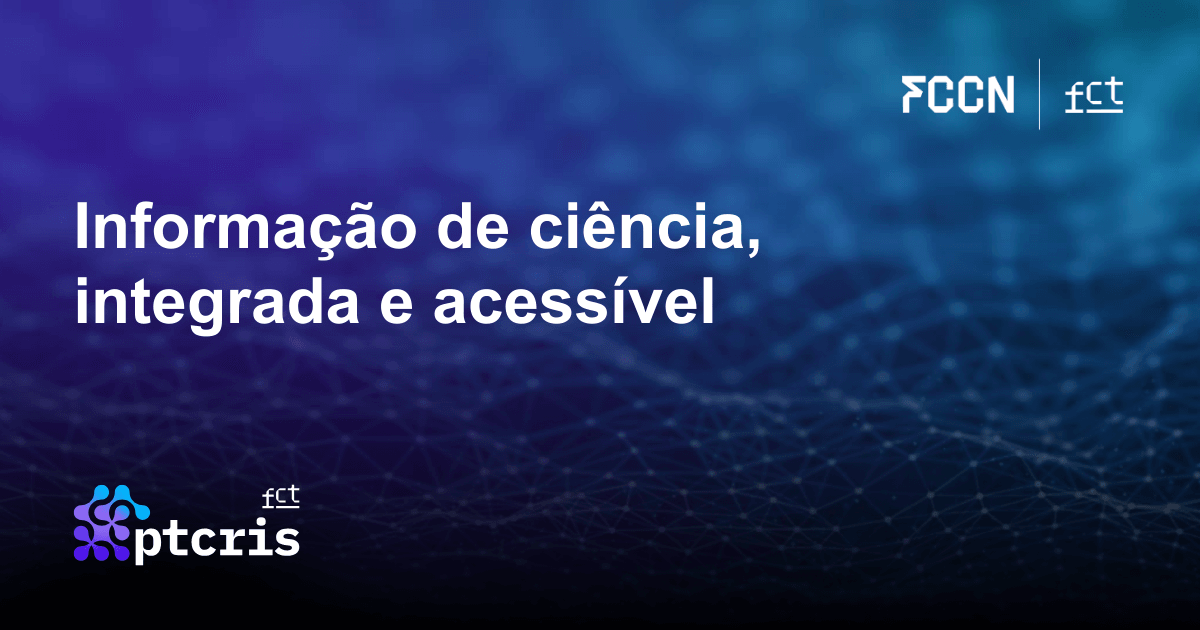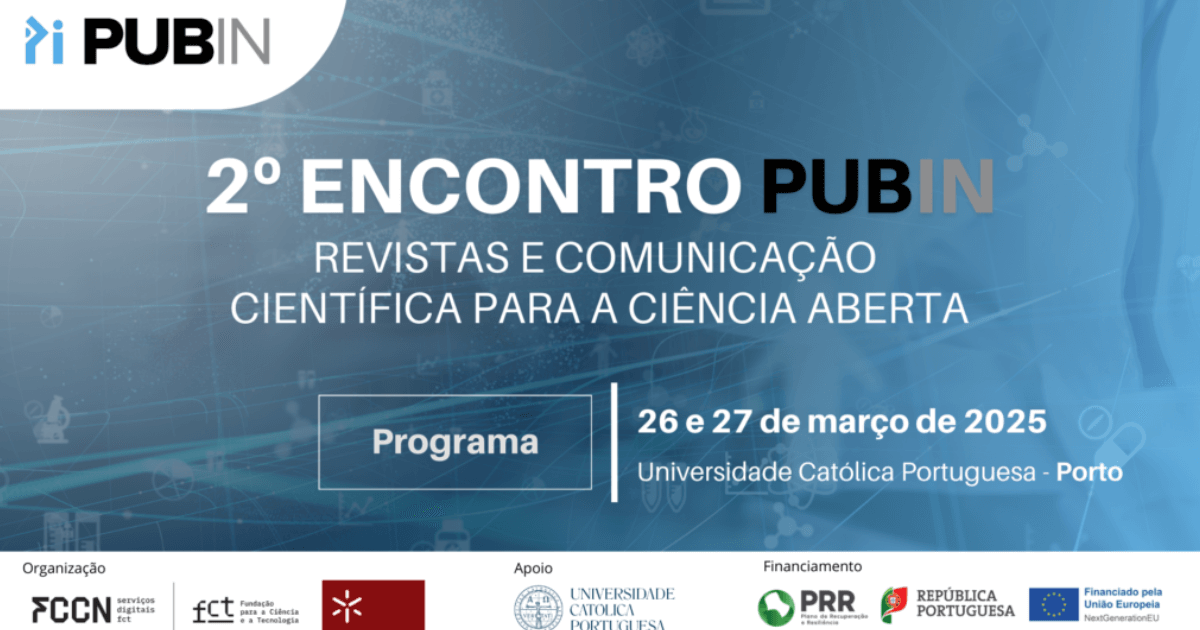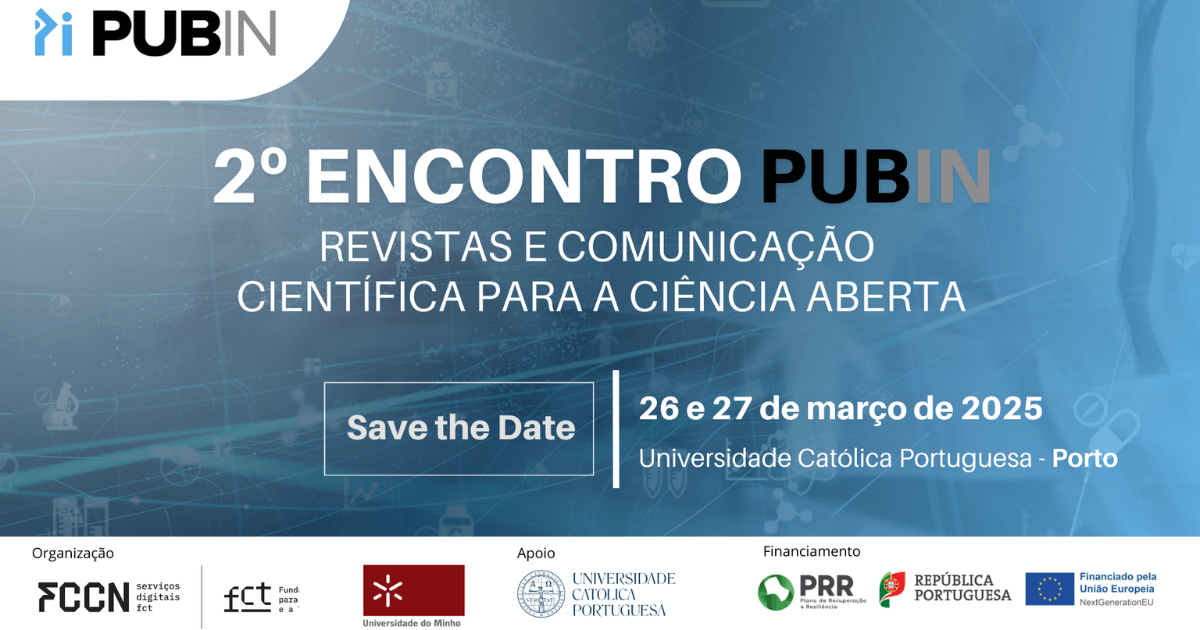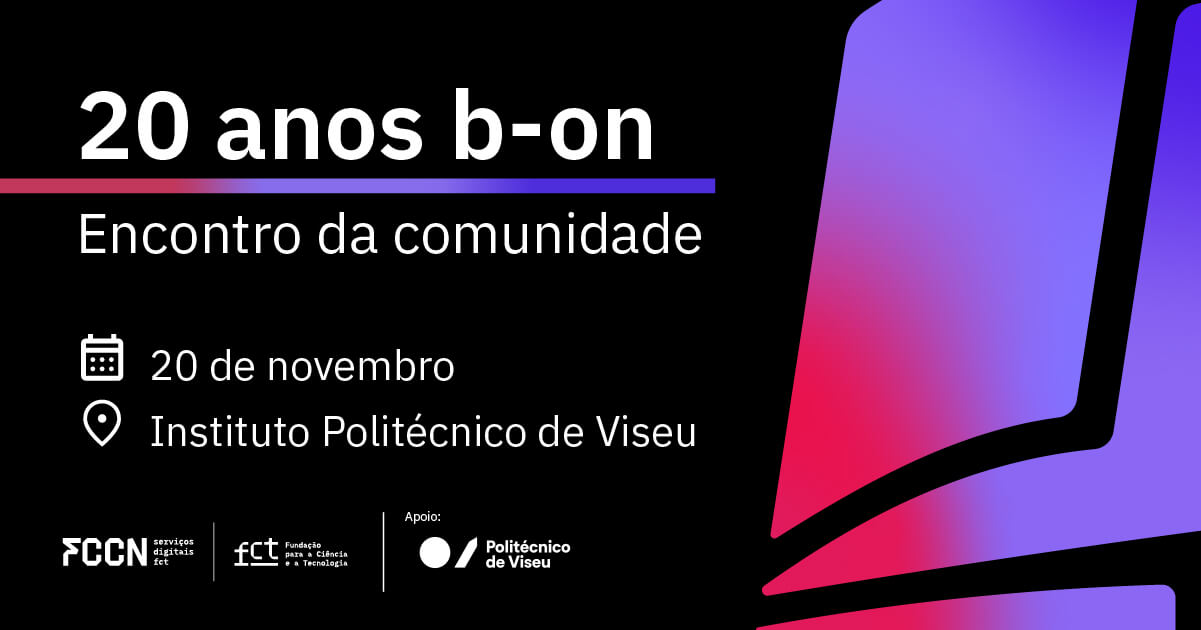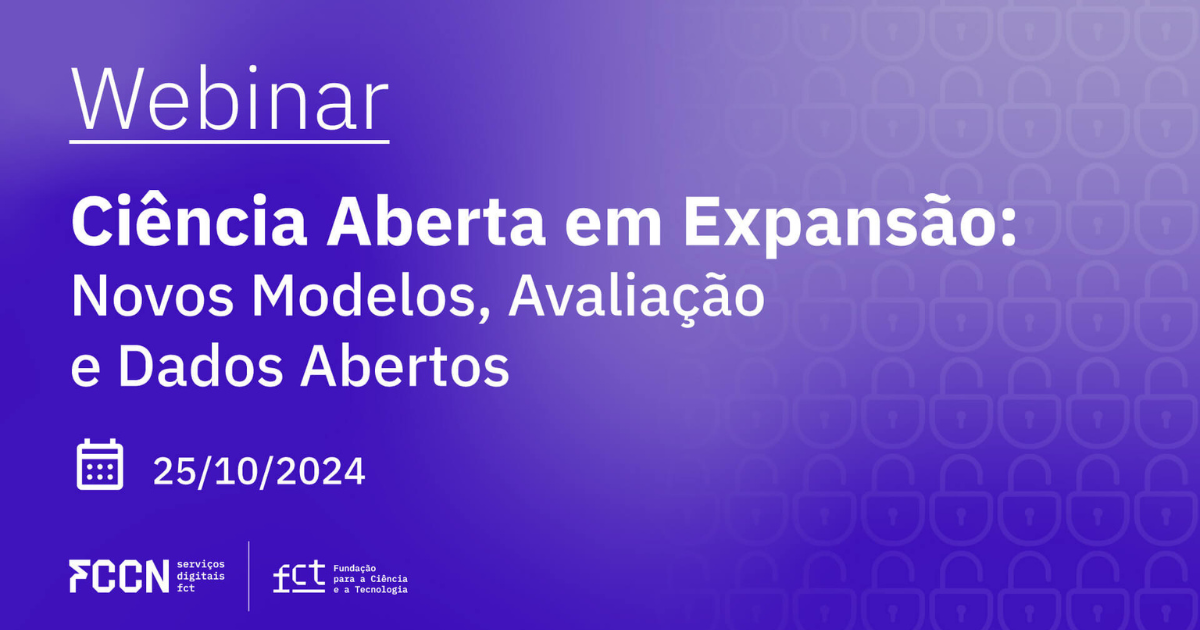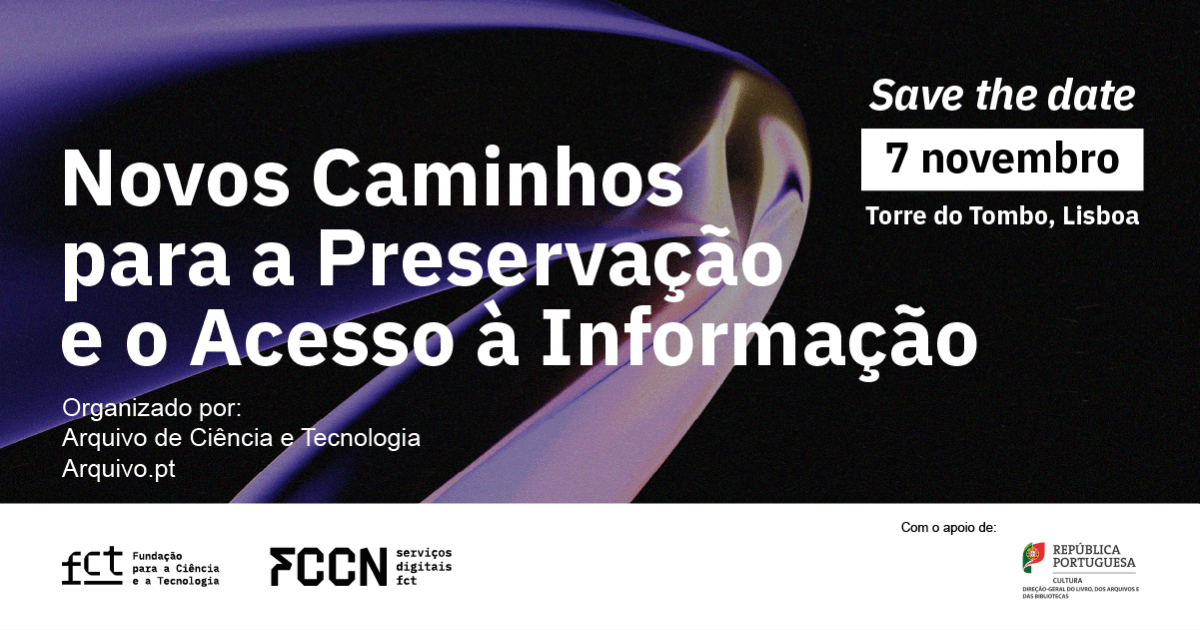

The PTCRIS program was launched in 2015 with the aim of facilitating the management of and access to information on national scientific activity. To this end, it has been committed to developing an integrated and open ecosystem in which scientific information flows between the various systems, thus easing the bureaucratic burden inherent in science management.
Topics in this article:
Simplification and Transparency
In recent years, we have focused our efforts on developing interoperability standards and infrastructures to facilitate the flow of information between academic-scientific systems. A notable initiative in this regard is the project to assign unique identifiers(DOI - Digital Object Identifier) to national public funding awarded by the Foundation for Science and Technology (FCT). Launched in 2023, this project aims to unequivocally link funding to the scientific productions that result from it, as well as to the researchers and institutions that carry it out, promoting transparency and open access to information on national public funding.
Another important step forward in simplifying science management processes is the development of the CIÊNCIAVITAEcurriculum management platform. Based on the PTCRIS basic principle "Register once, reuse many times", CIÊNCIAVITAE has been integrated into multiple national and international systems since its conception, allowing researchers to import previously registered data and thus save significant time when registering curricular information. It is estimated that the scientific community has saved more than 9 million minutes in recording curricular information due to these integrations.
Impact Measurement and Open Science
The ability to measure research activity and monitor the impact of scientific policies is another area in which PTCRIS has invested. To this end, we have developed a system of indicators that makes it possible to analyze the funding awarded by the main funding agencies to scientific activity carried out in Portugal, from a global or institutional perspective. In the short term, this system will also make it possible to analyze national scientific production and monitor compliance with the Foundation for Science and Technology's Open Access policy.
Recognizing the importance of Open Science, PTCRIS is also developing a national science portal, which will allow everyone to search for and access scientific information in a holistic and transparent way. This project not only strengthens the link between the scientific community and society, but also promotes a broader and more informed understanding of the science being done in Portugal, especially that which is publicly funded.
International collaborations
Science is a global activity and PTCRIS has established important international partnerships to ensure adherence to global norms and standards.
Among the main international entities and networks is ORCID (Open Researcher and Contributor ID), an interdisciplinary organization whose activity focuses on developing an open register of unique identifiers for researchers and academics, and automating the links between them and their information, namely scientific production and projects. FCT, through PTCRIS, has been an associate member of ORCID since 2015.
Also noteworthy is our collaboration with the Research Organization Registry, through continuous participation in the Community Advisory Group, which allows us to actively contribute to the development of this initiative and Crossref, a non-profit organization that provides the community with a range of services, including the registration of DOIs for funding, recently adopted by PTCRIS.
Finally, we would like to highlight the fundamental role of EuroCRIS in supporting the implementation of PTCRIS , by providing standards and resources that promote the interoperability and effectiveness of science information systems, as well as providing a forum for the exchange of knowledge and experiences between different countries and institutions. This has made it possible to strengthen the skills needed to effectively implement and maintain PTCRIS.
Benefits and the future
The effort dedicated to promoting the unequivocal identification of researchers, institutions, scientific production and funding, combined with the development of infrastructures, has made it possible to achieve great progress in the management of scientific information. This progress translates into significant benefits for those involved in the national scientific system, especially in terms of simplifying the administrative processes carried out by the scientific community and R&D institutions and promoting transparency in scientific activity.
As next steps, PTCRIS is focused on developing a governance model to guarantee the quality and integrity of scientific information. In addition, we will continue to develop standards and infrastructures, such as the DOI assignment project, while consolidating CIÊNCIAVITAE as a central tool in the S&T ecosystem.
We are also committed to developing high value-added services, such as the S&T ecosystem indicators service and the science portal, while strengthening communication by revising our branding and the new institutional website , with a view to making our initiatives more visible and effective.
In short, PTCRIS not only facilitates the work of researchers and R&D institutions, but also strengthens Portugal's position on the global scientific stage. It is a clear example of how innovation and collaboration can transform science management, promoting a more efficient, transparent and accessible ecosystem for all.
